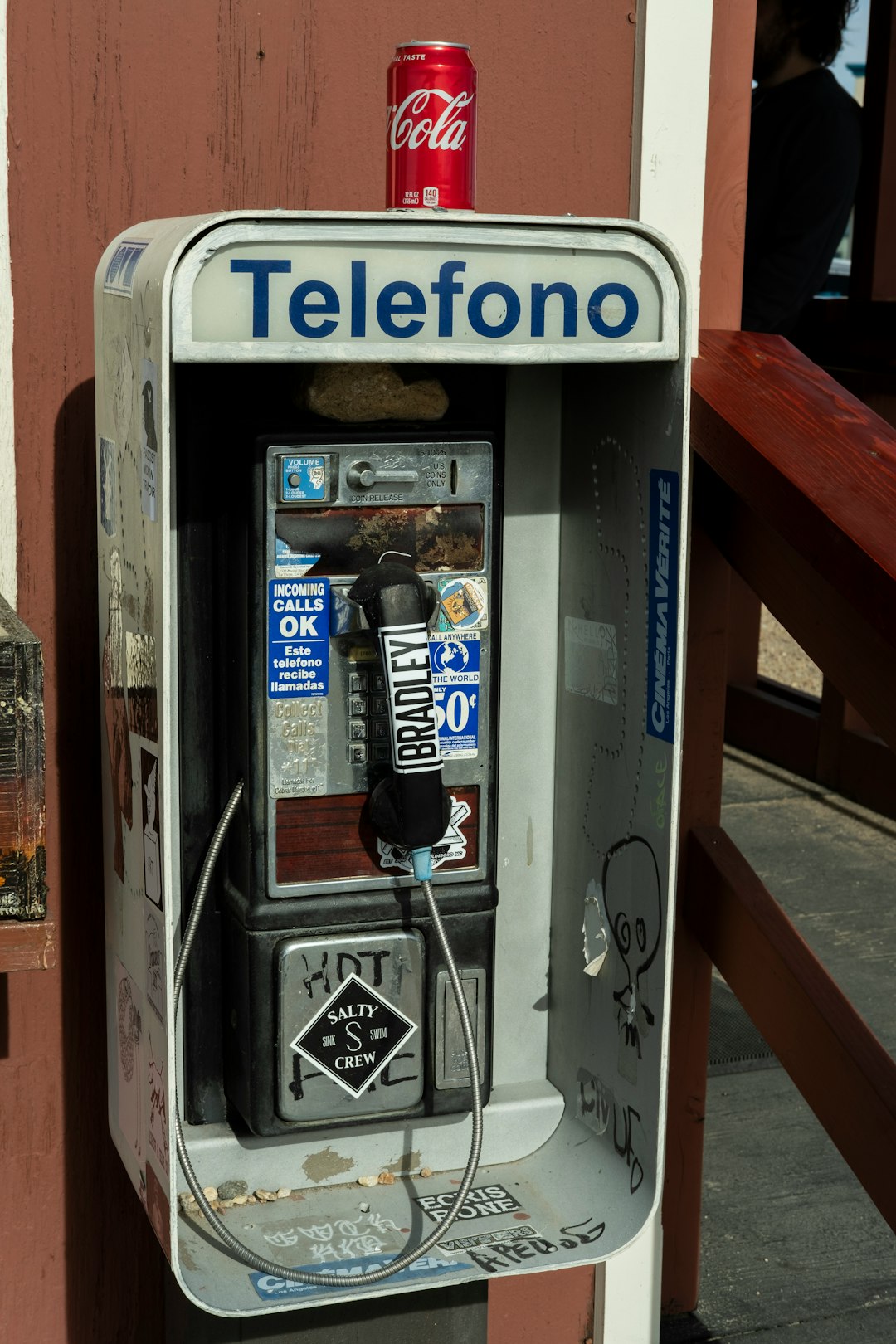Wyoming's "Do Not Text" laws ban unsolicited promotional texts without explicit consent, fining senders up to $1,000 per violation. These regulations protect residents' privacy and preserve a peaceful digital environment, with strict penalties for repeated offenders.
“Navigating Wyoming’s Do Not Text Laws: Protecting Residents from Unwanted Spam is crucial in today’s digital era. This article delves into the state’s anti-spam legislation, offering a comprehensive guide on consumer rights and protections against spam text messages. We explore the legal definition of spam under Wyoming law and the penalties for violating ‘Do Not Text’ rules. Understanding these regulations is essential to ensure your rights are upheld and to foster a spam-free environment.”
Understanding Wyoming's Anti-Spam Legislation

Wyoming’s anti-spam legislation, also known as “Do Not Text” laws, are designed to protect residents from unwanted text messages. These laws make it illegal for businesses and individuals to send unsolicited texts that promote goods or services. Violations can result in fines, highlighting the state’s commitment to preserving peace and quiet for its citizens amidst the constant barrage of digital communication.
Understanding these regulations is crucial for both senders and receivers. Businesses must ensure they have explicit consent before texting marketing content, while individuals should familiarize themselves with opt-out options. By adhering to Wyoming’s Do Not Text laws, everyone can contribute to a more harmonious digital environment, ensuring that text messages serve as welcomed communications rather than intrusive spam.
Legal Definition of Spam Text Messages in WY

In Wyoming, the legal definition of spam text messages is established by state laws aimed at protecting residents from unwanted and unsolicited messaging. According to the Wyoming Do Not Text Law, spam refers to text messages sent without prior express consent, typically promoting goods or services. This law recognizes that while legitimate businesses often send promotional texts, many consumers find these messages intrusive and annoying when received without their agreement.
The Wyoming legislation goes on to specify that sending spam text messages is prohibited unless the sender has obtained explicit consent from the recipient. This means businesses and individuals must obtain clear permission before bombarding consumers with unsolicited marketing content over SMS. Non-compliance with the Do Not Text Laws Wyoming can result in legal repercussions, underscoring the state’s commitment to ensuring residents’ privacy and peace of mind when it comes to text messaging.
Consumer Rights and Protections Against Spam

In Wyoming, consumer rights and protections against spam text messages are established by the “Do Not Text” laws. These laws empower residents to take control of their communication preferences and safeguard them from unwanted marketing texts. Under these regulations, businesses and individuals who send spam text messages face strict penalties.
Consumers in Wyoming can register their phone numbers on the national Do Not Call Registry, which also includes a Do Not Text option. Once registered, they are entitled to receive no more than three automated marketing text messages per month from any sender, unless they provide explicit consent. This measure aims to minimize intrusion and ensure that residents’ peace of mind is not disrupted by unsolicited promotional messages.
Penalties for Violating Do Not Text Rules

In Wyoming, violating the state’s Do Not Text laws can lead to significant penalties for businesses and individuals. If a company or person sends unsolicited text messages to recipients who are on the state’s Do Not Call list, they face fines ranging from $100 to $1,000 per violation, with an additional $500 penalty for each subsequent violation within a 12-month period. These strict regulations aim to protect Wyoming residents from unwanted and intrusive text messages, ensuring their privacy and peace of mind.
The consequences for repeated or willful violations can be even more severe, including permanent disqualification from sending marketing texts to Wyoming consumers. Such stringent measures highlight the state’s commitment to upholding consumer rights in the digital age, especially regarding mobile communication.






